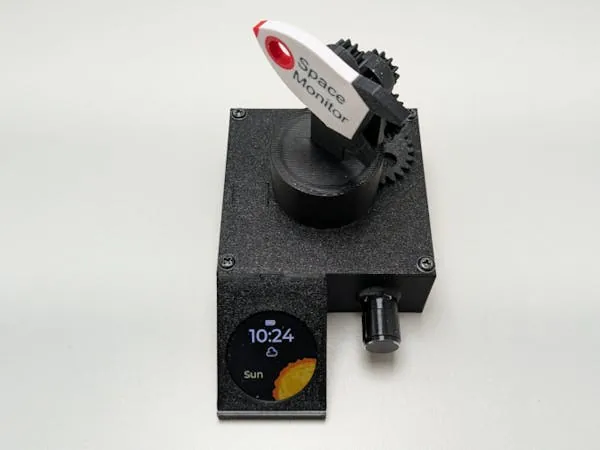
Revolutionary AI Tool Accelerates T-Cell Epitope Predictions for Vaccine Development
2025-01-29
Author: Wei Ling
Introduction
In an exhilarating advancement for global health, the Ragon Institute and MIT's Jameel Clinic have announced a groundbreaking collaboration that harnesses the power of artificial intelligence (AI) to significantly bolster T-cell vaccine development.
Details of the AI Tool MUNIS
Under the leadership of Ragon faculty member Dr. Gaurav Gaiha and MIT's Dr. Regina Barzilay, the innovative AI tool—dubbed MUNIS—was detailed in a recent publication in Nature Machine Intelligence. MUNIS employs deep learning technology to forecast CD8+ T-cell epitopes with unrivaled precision, paving the way for faster and more effective vaccine creation against a myriad of infectious diseases.
The Mark and Lisa Schwartz AI/ML Initiative
This initiative stems from the Mark and Lisa Schwartz AI/ML Initiative, which aims to fuse artificial intelligence and translational immunology to combat pressing health threats worldwide. Thanks to the unwavering support of Mark and Lisa Schwartz, this project is a significant leap toward realizing the full potential of AI in medical science.
Challenges in Traditional Epitope Prediction
Historically, identifying T-cell epitopes—specific portions of an antigen recognized by immune cells—has been a cumbersome process, often hindered by traditional prediction methods that lack both speed and accuracy. MUNIS, however, has surged ahead by utilizing a meticulously curated dataset of over 650,000 unique human leukocyte antigen (HLA) ligands, putting it at the forefront of epitope prediction technologies. Validation against experimental data from various pathogens, including influenza, HIV, and Epstein-Barr virus (EBV), showcased MUNIS's ability to reveal novel immunogenic epitopes in EBV—one of the most studied viruses to date.
Accuracy and Laboratory Validation
Remarkably, MUNIS achieved accuracy levels on par with conventional laboratory stability assays, offering researchers a more streamlined alternative that could alleviate the burden of labor-intensive laboratory work. Dr. Barzilay expressed enthusiasm for the potential of AI in immunology, emphasizing the transformative implications for modeling immune system complexities.
Collaboration Between Fields
Key to MUNIS's success was the close collaboration between immunologists and computer scientists, blending their distinct expertise to address the intricate challenges of biological data interpretation. Dr. Gaiha remarked on the fruitful interplay of insights between both fields, highlighting the project's potential to enhance immunology and vaccine research.
Broader Implications of MUNIS
The ramifications of MUNIS extend well beyond vaccine development. With its ability to reliably predict immunodominant epitopes, the tool opens new avenues for research in cancer immunotherapy and autoimmune diseases. In a time when emerging infectious diseases pose ongoing threats to public health, tools like MUNIS present a promising strategy for increasing global preparedness.
Conclusion
As the Ragon Institute continues to champion scientific innovation where immunology meets technology, this breakthrough stands testament to their mission of saving lives and enhancing global health through groundbreaking research. With MUNIS leading the way, the future of vaccine development looks brighter than ever. This remarkable achievement is a major step toward harnessing AI's potential in the medical field, demonstrating a powerful blend of technology and biology that could redefine how we approach vaccine development and disease prevention on a global scale.


 Brasil (PT)
Brasil (PT)
 Canada (EN)
Canada (EN)
 Chile (ES)
Chile (ES)
 Česko (CS)
Česko (CS)
 대한민국 (KO)
대한민국 (KO)
 España (ES)
España (ES)
 France (FR)
France (FR)
 Hong Kong (EN)
Hong Kong (EN)
 Italia (IT)
Italia (IT)
 日本 (JA)
日本 (JA)
 Magyarország (HU)
Magyarország (HU)
 Norge (NO)
Norge (NO)
 Polska (PL)
Polska (PL)
 Schweiz (DE)
Schweiz (DE)
 Singapore (EN)
Singapore (EN)
 Sverige (SV)
Sverige (SV)
 Suomi (FI)
Suomi (FI)
 Türkiye (TR)
Türkiye (TR)